Mossad chief advices US on Iran, push for Saudi-Israel ties in secret visit to Washington
Chief of the Israeli regime’s infamous Mossad spy agency has reportedly paid a secret visit to Washington for talks with White House and CIA spy agency officials on Biden administration’s persisting bid to pressure Saudi Arabia into normalizing ties with Tel Aviv.
Mossad Chief David Barnea visited Washington two weeks ago and discussed Iran as well as the Biden administration’s “initiative” to push Saudi normalization with the Israeli regime with CIA Director Bill Burns and White House National Security Adviser Jake Sullivan prior to his recent visit to the kingdom, US-based Axios news outlet reported Monday, citing two “US sources” familiar with the matter.
Washington’s so-called Saudi Arabia initiative “was the main issue discussed during Barnea's meetings with the White House officials,” the sources emphasized.
“A White House National Security Council spokesperson declined to comment specifically about the meeting between Sullivan and Barnea,” the report then pointed out.
“We continue to support for normalization with Israel, including with Saudi Arabia, and obviously continue to talk to our regional partners about how more progress can be made," the spokesperson stated without mentioning Barnea’s visit to Washington.
The official further claimed, "It’s one effort we are pursuing toward advancing US foreign policy goals for a more peaceful, secure, prosperous and stable Middle East region.”
The CIA also declined to comment on the reported visit by Mossad’s chief.
According to the report, Barnea and Sullivan met and held talks at the White House before the top US national security official travelled to the Saudi Arabia and met with the kingdom’s Crown Prince Mohammed bin Salman (MbS) last week.
Barnea also met with Brett McGurk, the White House Middle East czar, and Amos Hochstein, Biden’s senior adviser for energy and infrastructure, the report added, noting that both McGurk and Hochstein -- who have been working on improving US-Saudi ties for the past 18 months -- joined Sullivan on his recent visit to the Persian Gulf kingdom.
The report went on to underline that the issue of Saudi-Israeli normalization is only a small part of the Biden administration's efforts in West Asia, pointing out that the Tel Aviv regime insists on offering its “input on potential US-Saudi bilateral agreements the two countries are discussing that would likely affect Israel's security, including possible US support for a Saudi civilian nuclear program with uranium enrichment and potential US arms sales to Riyadh.”
US officials has previously told Axios that the White House intends to “complete its diplomatic push with Saudi Arabia and Israel by the end of the year or the beginning of next year” before the country’s 2024 presidential election campaign escalates.
Israel won’t block Saudi nuclear program
In a related development, the Israeli regime’s national security adviser Tzachi Hanegbi stated Monday that Tel Aviv is not necessarily opposed to a deal that would allow Saudi Arabia to enrich uranium for research objectives.
"Egypt and the [United Arab] Emirates operate nuclear research centers, and these are not dangerous," Hanegbi said in an interview with the regime’s local broadcaster KAN in reaction to reports that Saudi Arabia is conditioning normalization with Israel on the United States helping it create a civil nuclear program, adding that Israel's consent was not needed.
Hanegbi was reacting to recent US and Israeli media reports indicate that Riyadh is setting three main conditions for agreeing to normalize ties with the Tel Aviv regime -- namely a military treaty with the US that would commit Washington to defend the kingdom against foreign threats, Israeli concessions towards Palestinians beyond pledging not to annex occupied West Bank territories, as well as US help in establishing a civilian nuclear program for Riyadh.
However, US President Joe Biden warned in recent days that such a deal would probably not be reached in the near future, according to the New York Times daily.
VIDEO | Nippon Steel takeover bid
IRGC unveils Rezvan suicide drone on final day of massive drill
Biden to keep Syria's HTS terror designation in place: Officials
Musk interferes in British politics
Iran urges respect for Syria’s sovereignty, formation of inclusive government
VIDEO | Syria's economy in transition: Challenges and opportunities
UN: Israel’s attacks in Gaza killed 369 aid workers since October
US, UK warplanes bomb Yemen in support of Israel


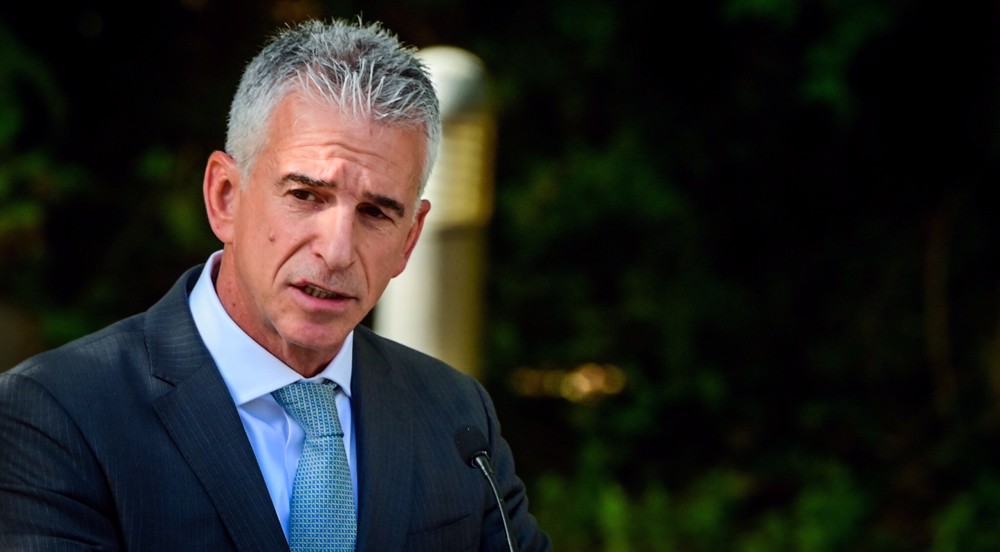
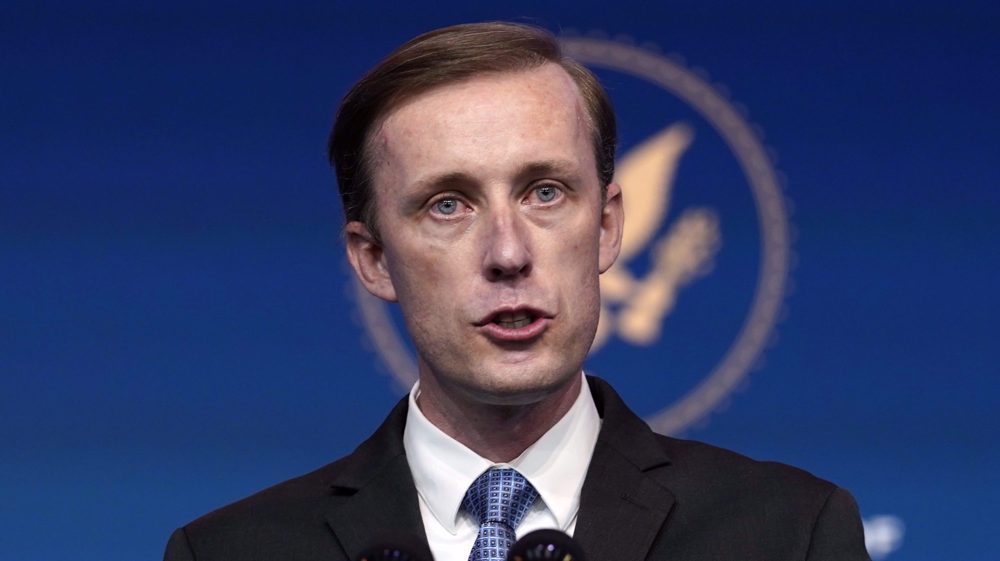
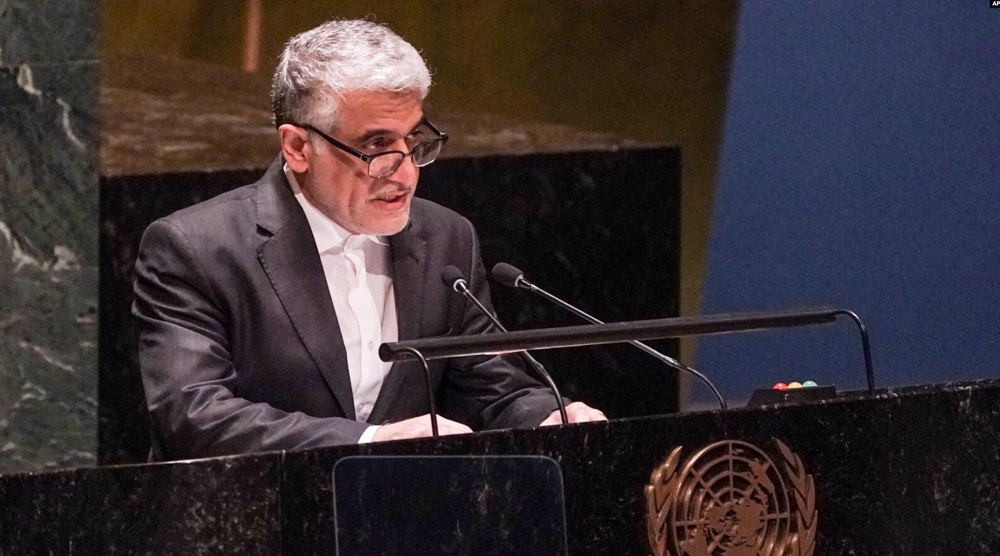
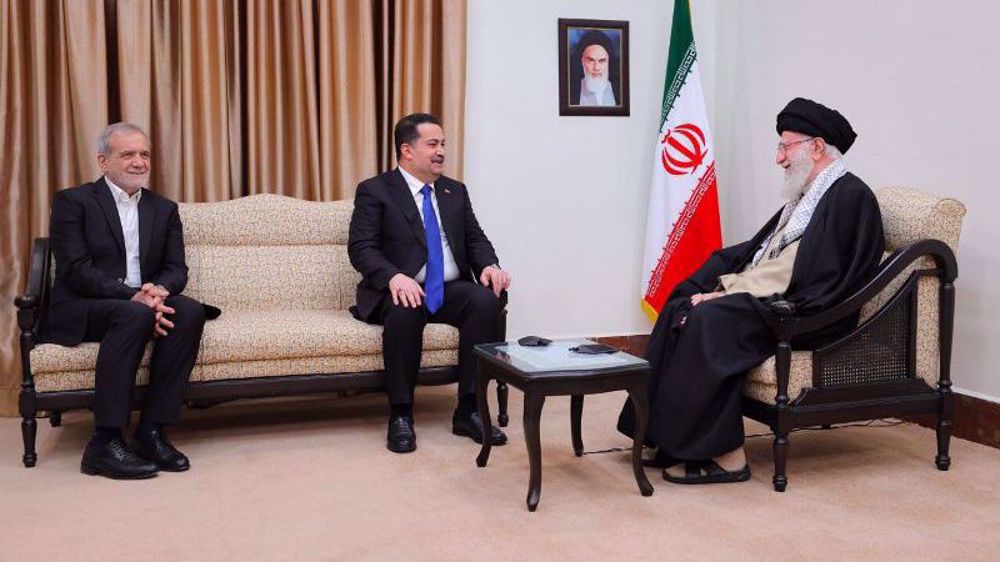
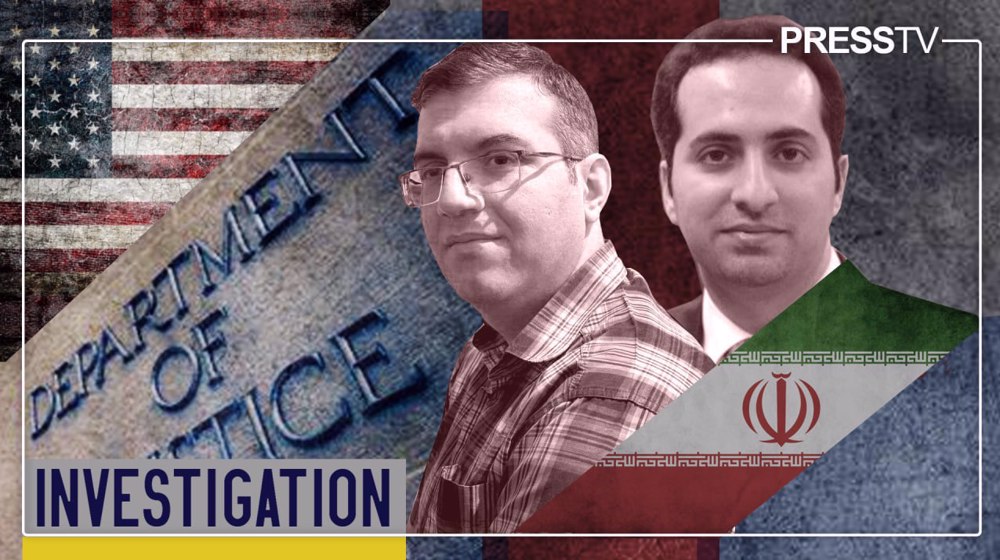



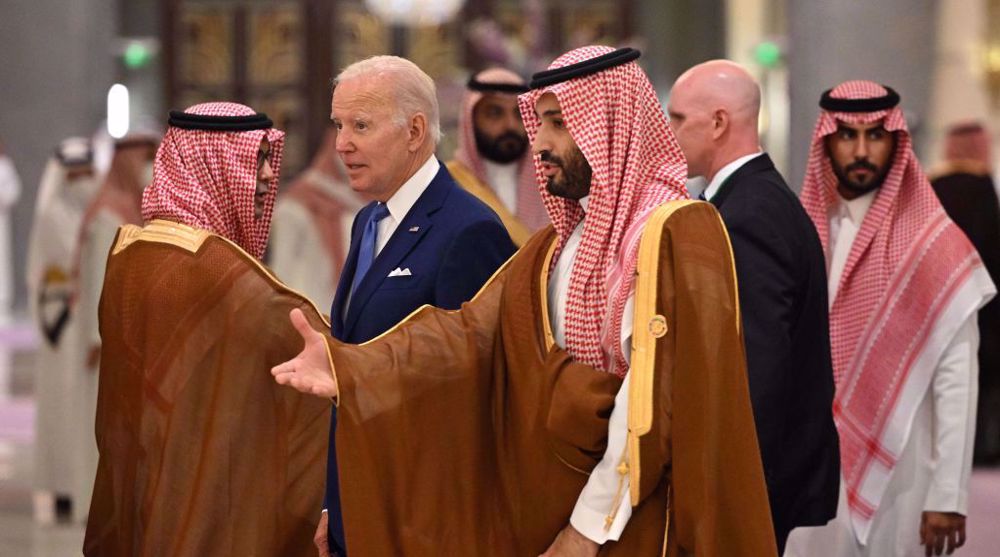
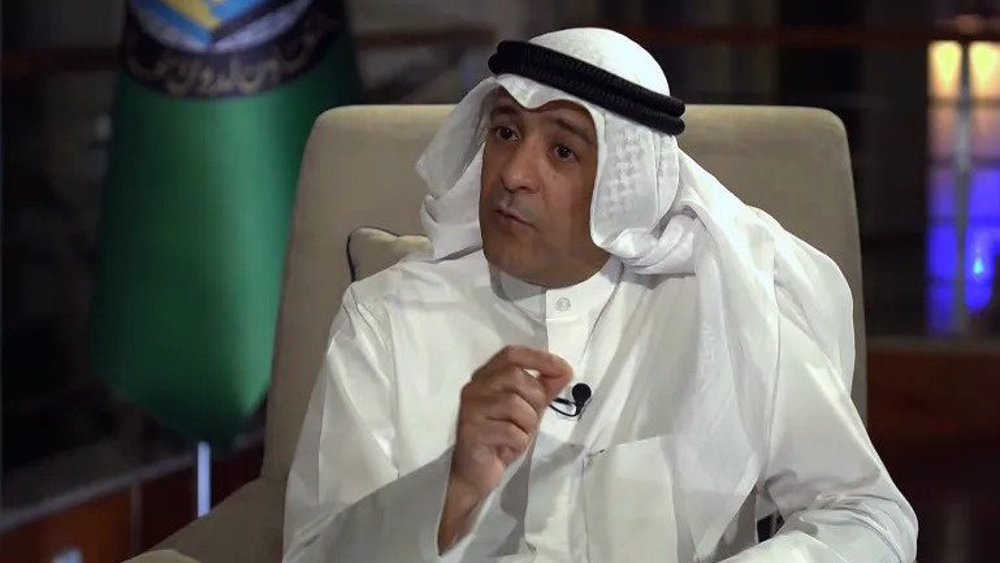
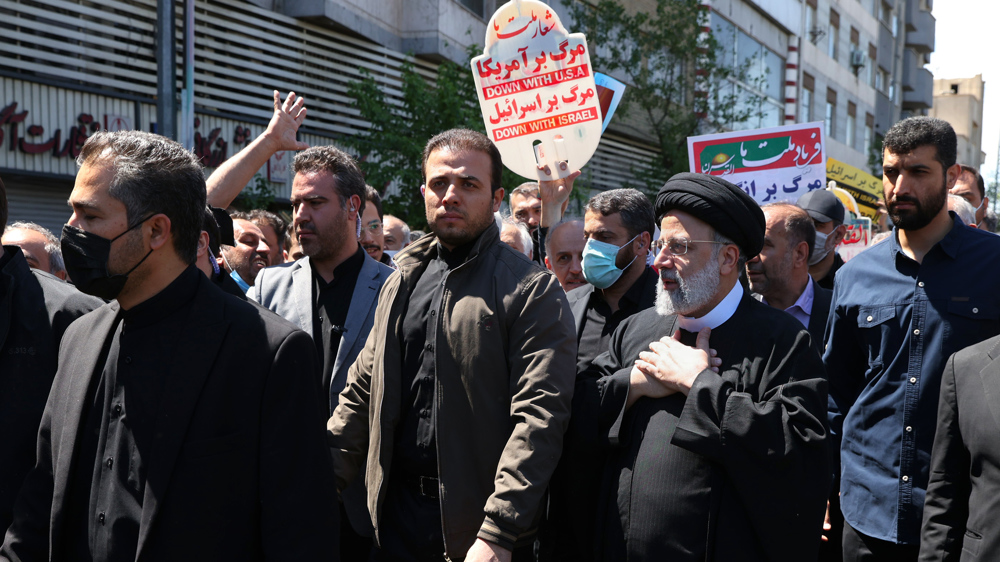

 This makes it easy to access the Press TV website
This makes it easy to access the Press TV website